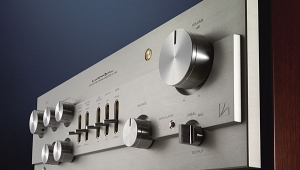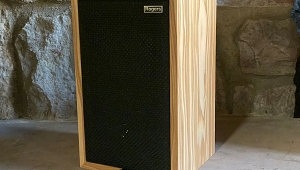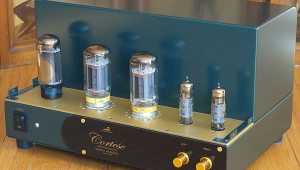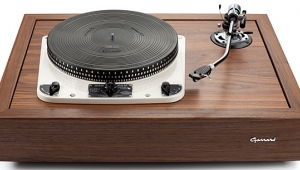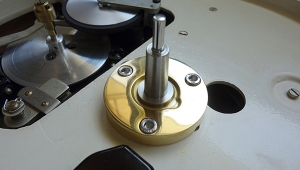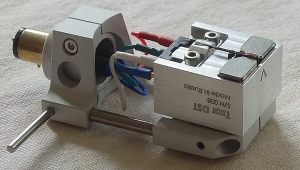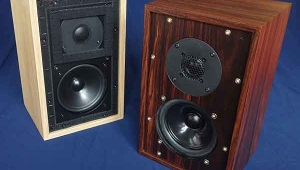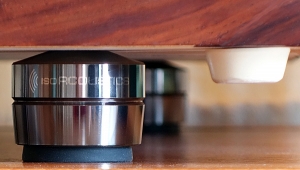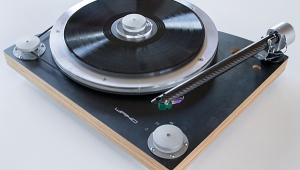| Columns Retired Columns & Blogs |
Your character attack naming me in the pages of Stereophile reminded me of a child throwing a tantrum.
.
I challenge you to demonstrate to witnesses that every electronic audio component and wire sounds different to your ears, under controlled listening conditions BEFORE you publish verbal character attacks.
.
If you prefer, ask someone else with better hearing to stand in for you.
.
That would mean all comparisons would have SPL matching and all brand names would be hidden.
.
Unless you somehow manage to demonstrate much better hearing ability than hundreds of other audiophiles who have tested their hearing skills in the past three decades, I expect most of the time you won't be able to identify which component is A, and which is B.
.
The fact that you may BELIEVE all audio components produce different sound qualities has nothing to do with reality -- anyone can claim extra-sensitive listening skills -- but ONLY people who really have such skills could demonstrate them to witnesses in a controlled comparison of audio components.
.
Sure it may be fun to BELIEVE all audio components sound different when one's hobby is collecting audio components, but then fantasy baseball can be fun too!
.
Two-channel audiophiles are a shrinking group of (mainly) middle-age white men with strong cult-like beliefs -- anyone who questions their beliefs may be verbally attacked and slandered in a cult-favorite magazine.
.
Perhaps it made you happy to launch a character attack in your column?
.
However your character attack doesn't change the fact, demonstrated repeatedly to witnesses over three decades, that the "everything sounds different"belief is nothing more than overactive audiophile imaginations (and also A-B volume differences, since few audiophiles attempt to eliminate them when comparing audio components).
.
Fantasy Audio (everything sounds different) may make many audio component collectors happy -- everything sounds different because 'we know what we hear and couldn't be wrong' ... while Reality Audio (many components sound the same) is audiophiles comparing audio wires with brand names hidden, for one example, and no one ever hears a sound quality difference, unless one wire is playing music louder than the other!
.
If you can't demonstrate your high-end audio beliefs to witnesses under controlled listening conditions, I suppose all you have left is character attacks on fellow audiophiles.
.
There are many audiophiles whose experiences during controlled listening comparisons (where personal boasts that everything sounds different MUST be demonstrated to witnesses, rather than merely claimed to be a fact) differ greatly from your everything sounds different beliefs.
.
Reality Audiophiles may question Fantasy Audiophile beliefs, but we do not stoop so low as to use public character attacks as our primary debating tactic.



